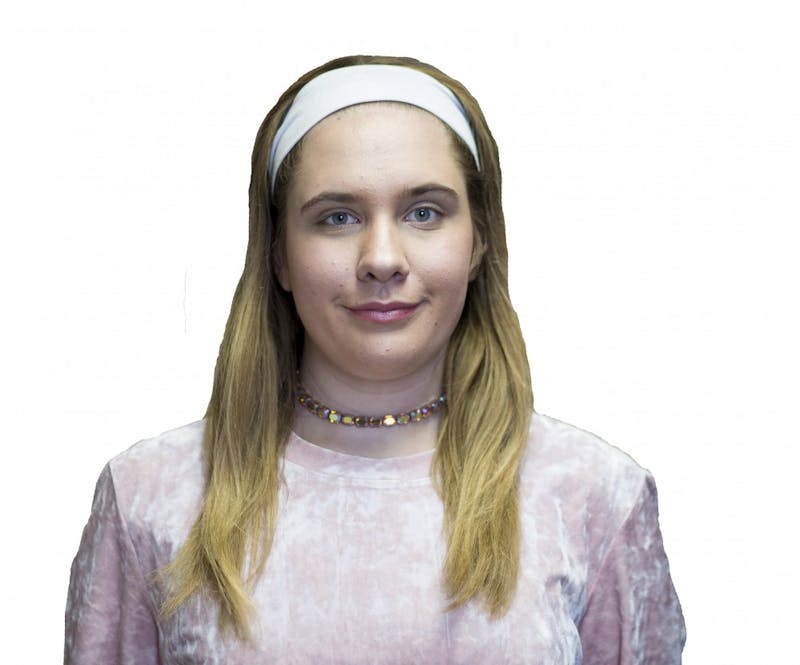Town hall asks the Central community, "where are you?"

Central Michigan University's first-ever "Civil Rights and Racism Town Hall" in the Bovee University Center Auditorium concluded with a direct question: "where are you?"
The town hall on Feb. 20 sought to discover how to expand turnout at the polls, events for community engagement and education and widen the conversation on civil rights in 2020.
The event's principal host was the New America Project (NAP), which aspired to cultivate an evening of mindfulness toward the past and keenness to conquer future challenges on campus and in society. It attracted an audience of 35 individuals.
The evening cast a spotlight on voting culture throughout the United States and raised alarm for discrimination's presence throughout areas of life.
"In this present day and age, (we) need more people who are going to be advocates for civil rights, whatever the civil rights issue," said the evening's moderator, Ziggy Kozicki. "The pendulum has swung away from people who believed civil rights would be forever and it's now swinging in the direction of those who want to take it away."
Kozicki pursued a seat in Congress from the 4th Congressional District in summer 2018. The seat currently belongs to Republican John Moolenaar.
The evening's speakers included:
- John Montgomery of Midland Progressives
- Michelle Iqbal of the Ezekiel Project, an interfaith and interracial organization centered on social and systemic changes within the Great Lakes Bay Region
- Haseeb Moten of the Michigan Center for Progressive Public Policy
- Civil Rights and Civil Litigation Practice Manager Ron Robinson of the State Attorney General Office
- Jonathan Glenn of Central Michigan University's Leadership Institute
Montgomery is a South Carolina native, and was directly affected by Jim Crow laws while growing up in the city of Charleston. The distinct categorization and alienation of people of color was an influence in his day-to-day navigation through childhood.
Before reaching the third grade, his mentor taught him, "there's psychology, there's biology and there is White Man-ology," Montgomery said. "He said, just follow the white man. Wherever he goes, you go, and you'll be okay."
As he evolved forward in life as an African American man and eventually a contributor to the progressive movement in politics, he learned equality is channeled by commemorating a culture of love.
"We all need to learn how to love one another," Montgomery said. "Look out for us, look out for everybody, and look out for children."
In Moten's presentation, even access to voting remains a contemporary oppressor.
According to his presentation, 11 percent of U.S. citizens do not have a government-issued photo ID, and the time, material and travel costs for attaining identification can range $75-$175.
He said to prolong civil wellness, voting must be elevated with advanced accessibility and better education.
"In 10-20 years, your rights are going to be fundamentally damaged and taken away if we don't vote," he said. "You guys are the choir, now you need to go out and sing these songs to other people and tell them. Tell them the reality of what's going on."
As Glenn approached his position as the final speaker, he wanted to remind students CMU is still progressing, despite requiring more attention.
"At Central Michigan, we believe in community and family," he said, reminding attendees a unified culture is all about looking out for one another with a bond surpassing maroon and gold.







